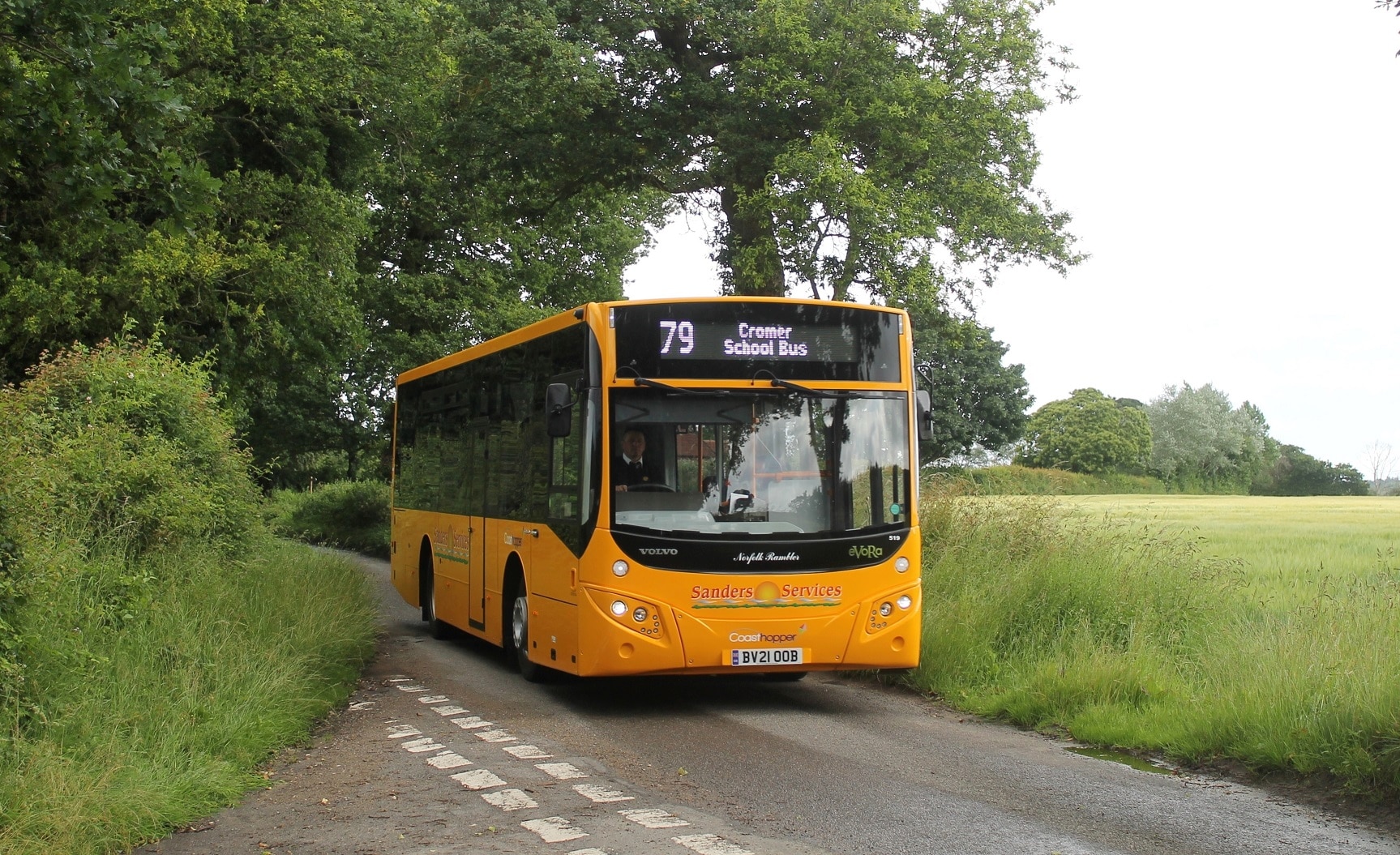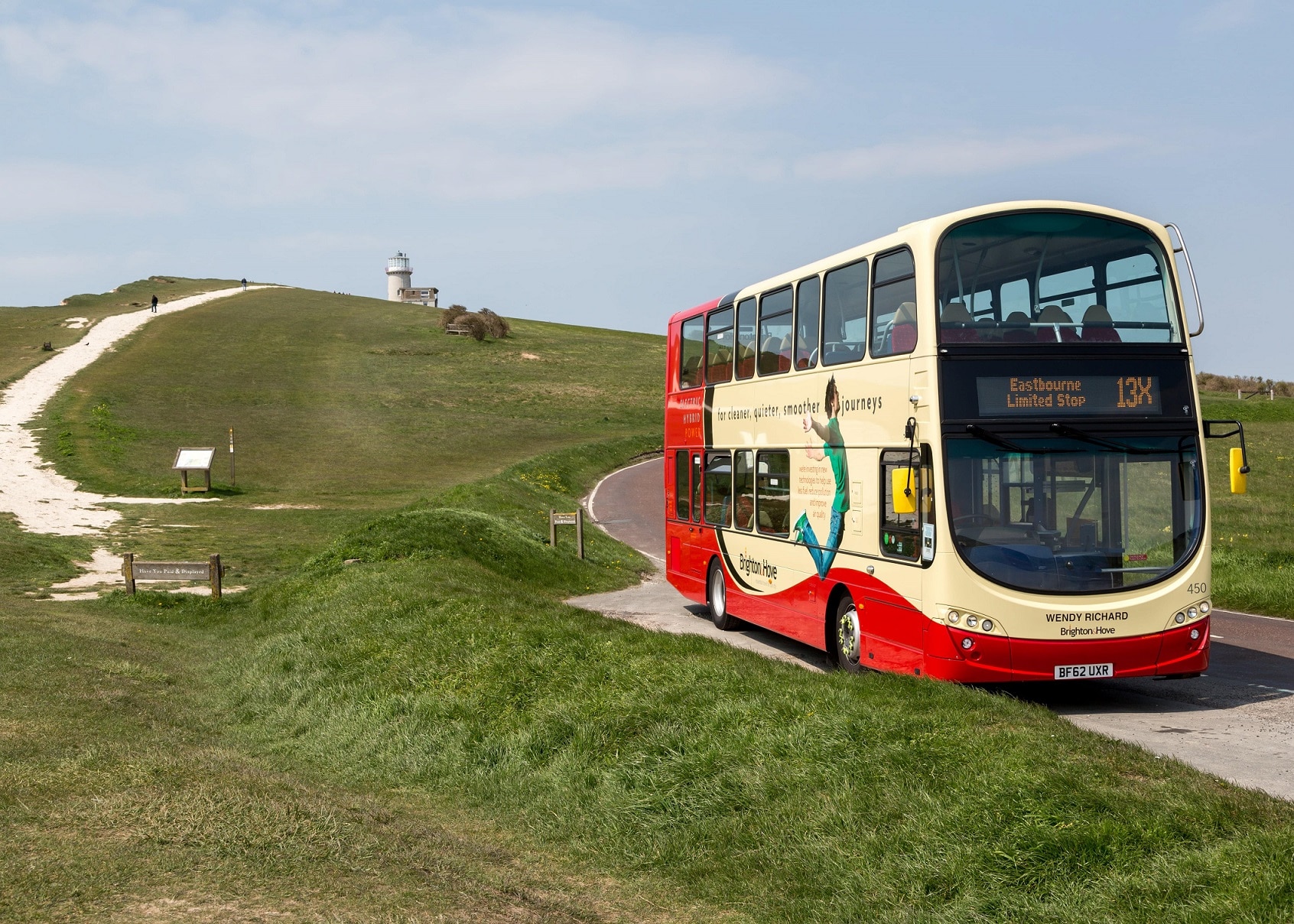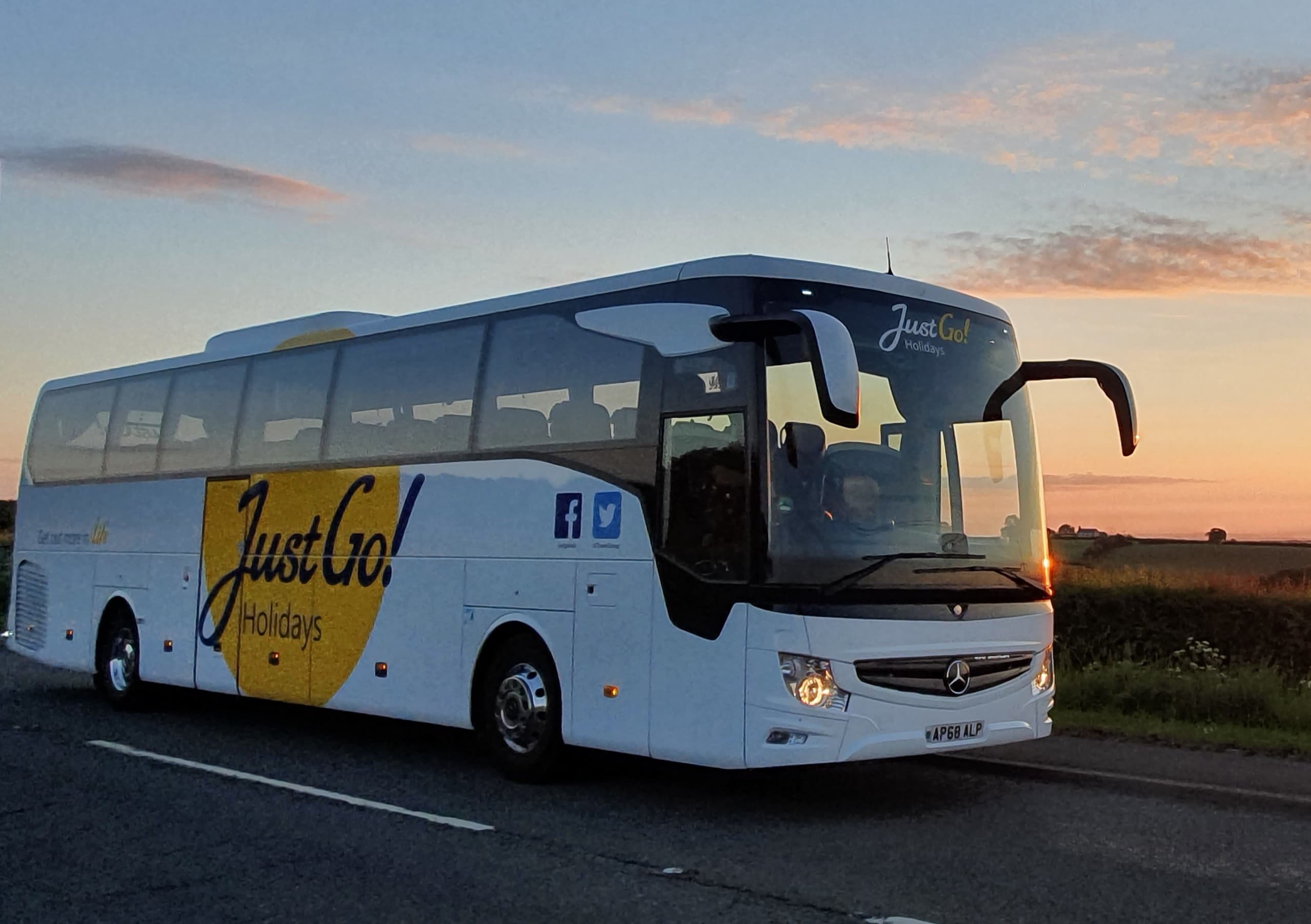Guidance on the bus network review process in England, required by the terms and conditions of Bus Recovery Grant (BRG) Extension funding, has been published.
The overriding aim of each bus network review is to develop a plan for continued sustainability of commercial and tendered networks once pandemic-related revenue funding in England ceases for good after 4 October. The latter consideration includes concessionary reimbursement returning to levels based on actual usage from the 2023/24 financial year, unless agreed otherwise.
Network reviews are expected to “set expectations of service levels at the end of the recovery period and give certainty to local transport authorities (LTAs).” Each LTA must produce a network review and submit it to the Department for Transport (DfT) by 1 July. The work should be undertaken in collaboration with all bus operators in the LTA’s area.
Review aim should be ‘stable and resilient’ bus network provision
DfT defines sustainable networks as those that are stable and resilient but which from October will consider new travel patterns. Bus network review preparation will require significant data sharing between operators and LTAs on patronage and revenue, but LTAs will also be required to share “relevant information” such as footfall levels and their rate of recovery.
Collectively, that data should be used to agree “a common understanding and a shared set of assumptions (high, medium and low) of how [LTAs and operators] expect patronage to recover over the next six to 12 months,” the guidance states.

When combined with risks (such as fuel prices and driver shortages), a route-by-route revenue forecast should then be created and viable, marginal or non-commercial categorisation assigned to each service.
“Following revenue data assessments, LTAs and operators should agree where route or service changes are necessary,” it continues.
In a further hint that DfT recognises the commercial network may shrink post-BRG Extension funding, the network review guidance notes that a ‘deep dive’ look at cost and revenue data “will allow decisions to be made about whether certain routes should be prioritised for tendering, and the associated costs.”
That will be part of a wider agreement between LTAs and operators where route or service changes are necessary. Any such alterations may be made once the bus network review is submitted, unless otherwise agreed. “This work is intended to smooth the transition away from government funding and avoid a cliff-edge in October,” the guidance adds.
What will not be permitted is ‘demand scarring’ when changes are made. Should alterations impact demand on other services locally, “then there must be alternative provision in place,” the guidance states. “It would be contrary to the objectives of this government’s support to reduce long-term demand through removal of a service.”
Recovering patronage ahead of October is ‘imperative’
While preparing for a world beyond revenue support is the primary focus of the bus network review process in England, the guidance also stresses the importance of collaboration between LTAs and operators to maximise the return of patronage in the intervening period. It is “imperative,” the document says.
Perhaps in recognition that concessionary usage has not recovered at the same rate seen among farepayers, the guidance highlights it specifically as an area that must be considered as part of this work. To help with that, both LTAs and operators may use money from their BRG Extension allocations towards marketing campaigns if they wish.
In addition, the network review process can be tied with Enhanced Partnership arrangements to encourage modal shift. Such work could major on intermodal and/or simpler ticketing and fares and parking levies or similar measures that target congestion or air quality improvements.
The 1 July submission deadline has been selected to allow time for service registration changes to be lodged in time for October.



























